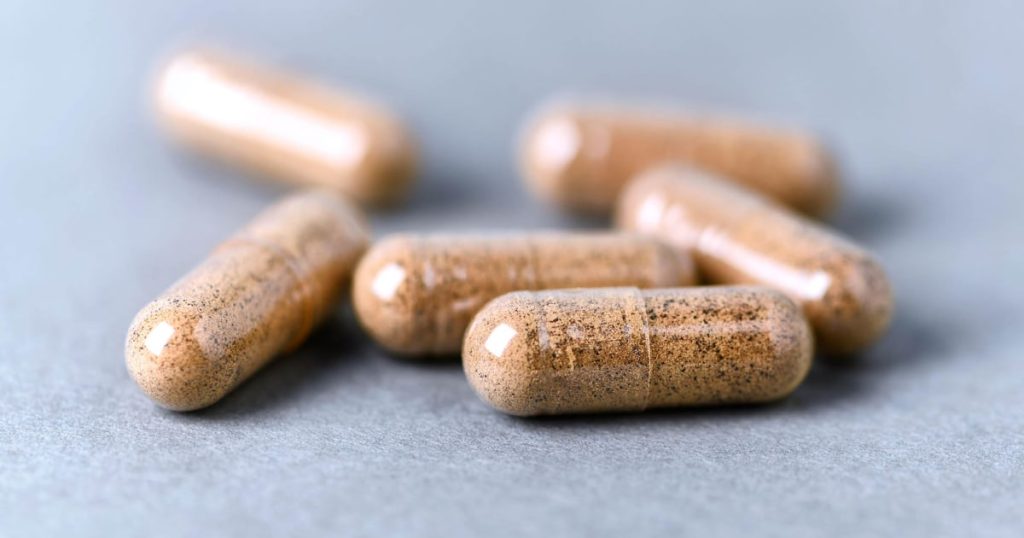Ashwagandha, a herb that has gained popularity on social media platforms like TikTok, is known for its potential health benefits such as stress reduction, improved sleep, focus, and more. This herb has been used in traditional medicine systems for thousands of years and is derived from the roots of the Ashwagandha plant, which are dried and ground into a powder. Ashwagandha is available in various forms including powder, capsules, tablets, and gummies, as well as liquid extracts or tinctures.
Traditionally, Ashwagandha is used as an adaptogen, a plant substance that helps the body respond to stress and fatigue. It is also believed to have anti-inflammatory and antioxidant effects in the body. Ashwagandha may be used to boost energy, improve immune function, reduce inflammation, and enhance overall well-being. It is commonly marketed as a supplement to help with sleep, stress, focus, athletic performance, and more. However, supplements are not intended to treat, prevent, or cure disease, according to the U.S. Food and Drug Administration.
The dosage of Ashwagandha can vary depending on the form and intended use, ranging from 300 milligrams to 1,000 milligrams per day for adults. It typically takes two to three weeks for most people to start noticing significant effects from taking Ashwagandha, but some individuals may require longer. While Ashwagandha is generally safe for short-term use, it is not recommended for long-term use beyond three to six months. Taking breaks after consistent use for three months is advised to ensure safety and efficacy.
The most common and well-known use for Ashwagandha is for stress reduction. Clinical trials suggest that Ashwagandha can help lower cortisol levels, the hormone produced in response to physical or emotional stress. Additionally, Ashwagandha may also help improve sleep quality, focus, memory, and athletic performance. While research on Ashwagandha is ongoing, more studies are needed to fully understand its mechanisms and effectiveness, especially in areas such as cognitive function and athletic performance.
Certain populations, such as pregnant individuals, breastfeeding mothers, those with autoimmune disorders or thyroid issues, as well as individuals taking specific medications, should avoid using Ashwagandha due to potential risks and interactions. Possible side effects of Ashwagandha include gastrointestinal upset, nausea, diarrhea, and vomiting. It is important to choose a high-quality supplement from a reliable manufacturer and consult a healthcare provider before starting any herbal product or supplement.
In conclusion, Ashwagandha is a popular herb with potential health benefits, but it is essential to use it safely and consult a healthcare provider before incorporating it into your routine. While Ashwagandha has been studied for its effects on stress, sleep, focus, and athletic performance, more research is needed to fully understand its mechanisms and potential risks. Always prioritize a healthy lifestyle through balanced nutrition, hydration, sleep, and exercise, alongside any herbal supplements or products.













